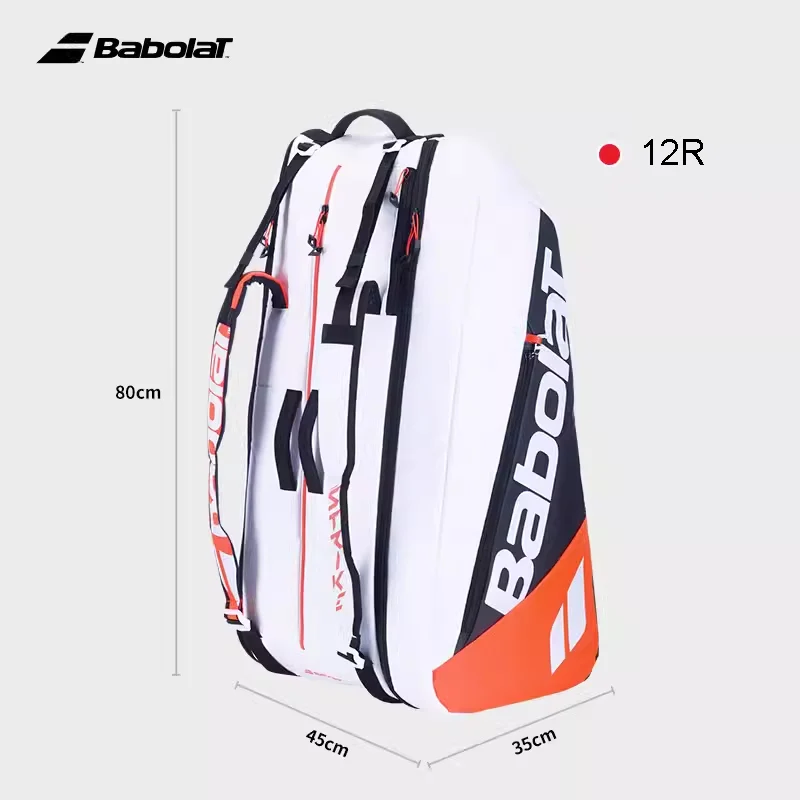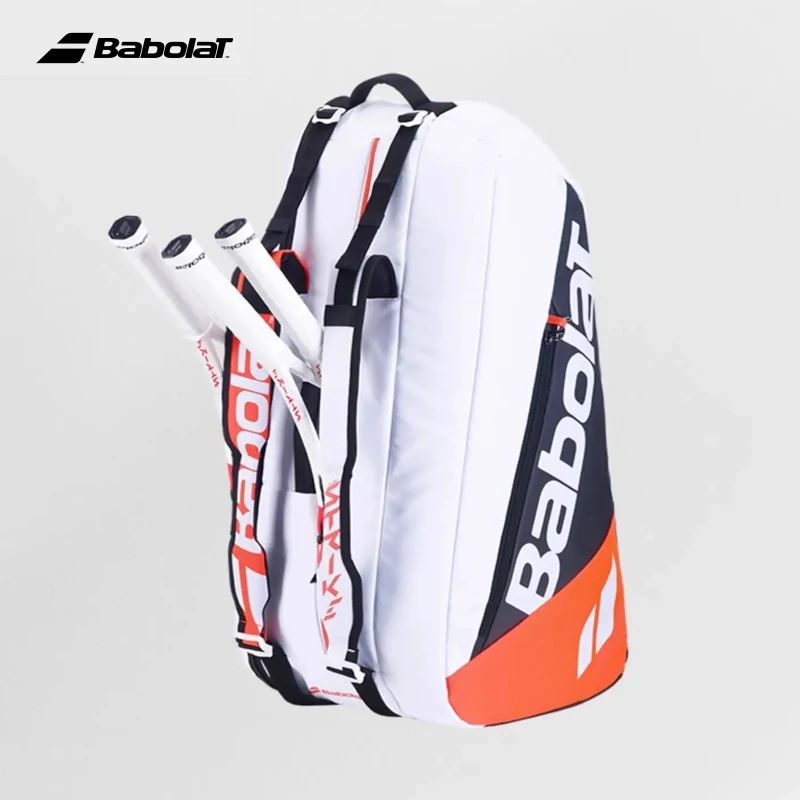Why does China do well at weightlifting but not well for powerlifting and bodybuilding?
China has historically dominated the sport of weightlifting, consistently winning numerous medals at major international competitions like the Olympics and World Championships. However, China has not achieved the same level of success in the related disciplines of powerlifting and bodybuilding, which have been dominated by athletes from other countries, particularly Western nations. Several factors contribute to this disparity in performance, including cultural, physiological, and training differences.
One key factor is the different cultural values of strength and aesthetics in China compared to other countries. In China, there is a strong traditional emphasis on martial arts and the development of functional strength for self-defense and labor rather than the pursuit of muscle mass or powerlifting-specific skills. This cultural bias towards functional strength may lead to less interest in the specialized training required for powerlifting and bodybuilding.
Furthermore, physiological differences may also play a role. Powerlifting and bodybuilding require specific body types and genetics for optimal performance. Chinese athletes, on average, tend to be relatively lean and have a high percentage of Type I muscle fibers, which are better suited for endurance-based activities. In contrast, powerlifters and bodybuilders often have larger frames and a higher percentage of Type II muscle fibers, which are more powerful and suited for maximal strength and muscle growth.
Differences in training methods may also contribute to the disparity in performance. Weightlifting training in China is highly regimented and focuses on developing explosive strength and technique, while powerlifting and bodybuilding training often involve more specialized exercises and techniques to maximize muscular development and peak force output. Chinese athletes may not have the same exposure or training opportunities as their counterparts in other countries who have access to more advanced training facilities and coaching for these disciplines.
FAQs:
Why is China dominant in weightlifting but not powerlifting and bodybuilding?
- Cultural, physiological, and training differences contribute to the disparity in performance.
What are the key cultural factors influencing China's strength sports performance?
- Traditional emphasis on martial arts and functional strength, rather than muscle mass or powerlifting-specific skills.
How do the physiological characteristics of Chinese athletes affect their strength sports performance?
- Chinese athletes tend to be leaner and have a high percentage of Type I muscle fibers, which are better suited for endurance-based activities.
What are the differences in training methods between weightlifting, powerlifting, and bodybuilding?
- Weightlifting training emphasizes explosive strength and technique, while powerlifting and bodybuilding training focus on specialized exercises and techniques for muscular development and peak force output.
How can China improve its performance in powerlifting and bodybuilding?
- By embracing new training methods, providing more opportunities for specialized coaching and training facilities, and promoting the sports' popularity.
Related Hot Sale Items: - Rogue Ohio Power Bar - Bodytech Power Rack - Bowflex Xtreme 2 SE Home Gym - TRX HOME2 System - Garmin Forerunner 945 Smartwatch
Pre:Is it possible to lift heavy weights and still have good form or does that just not happen without sacrificing weight lifted for technique
Next:Why is the split jerk more common than the power jerk or squat jerk in Olympic weightlifting



















